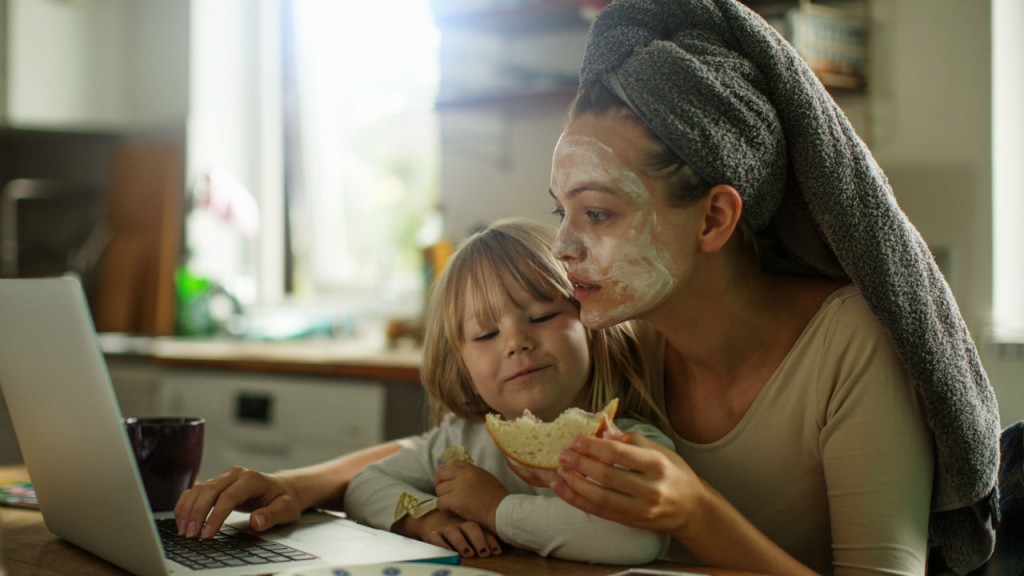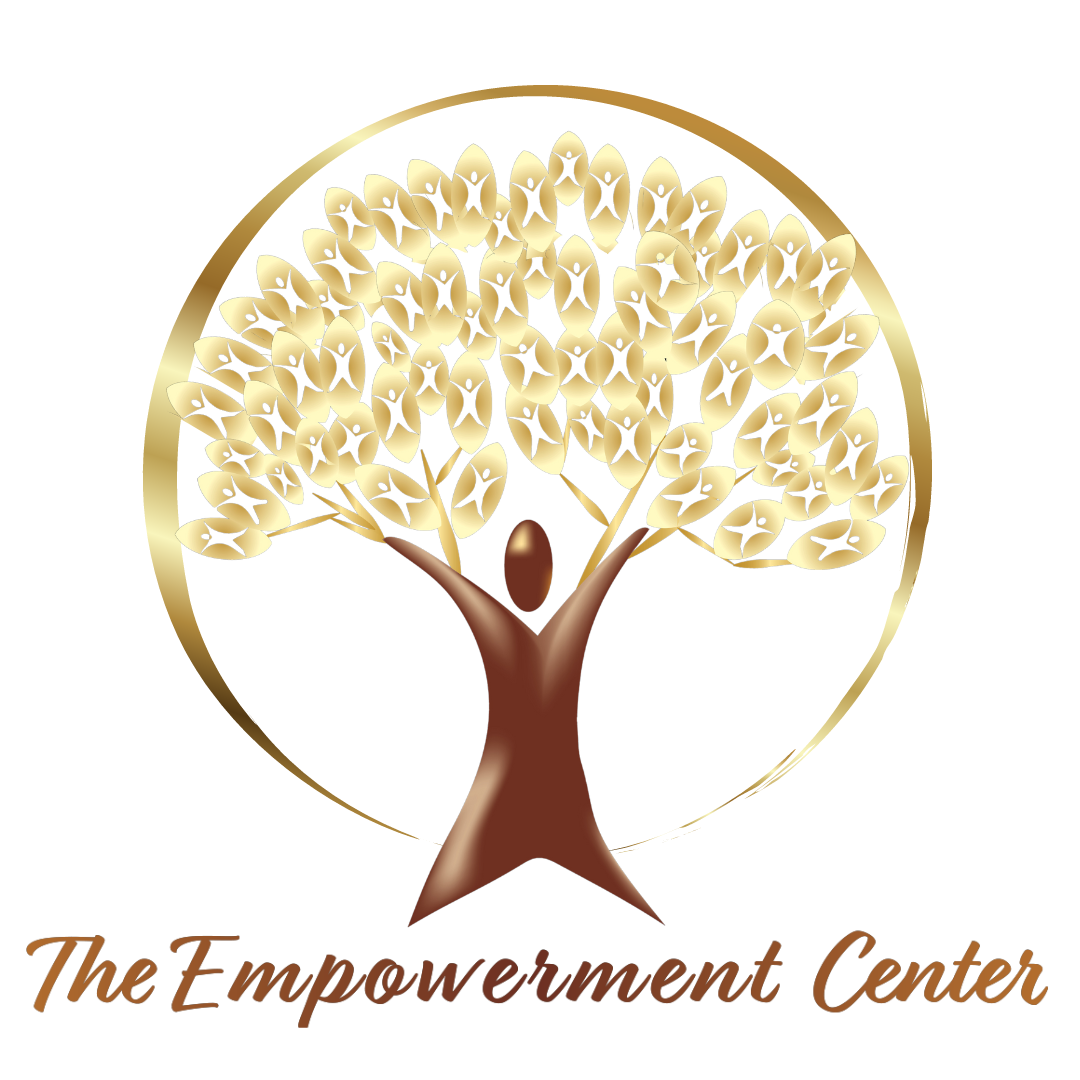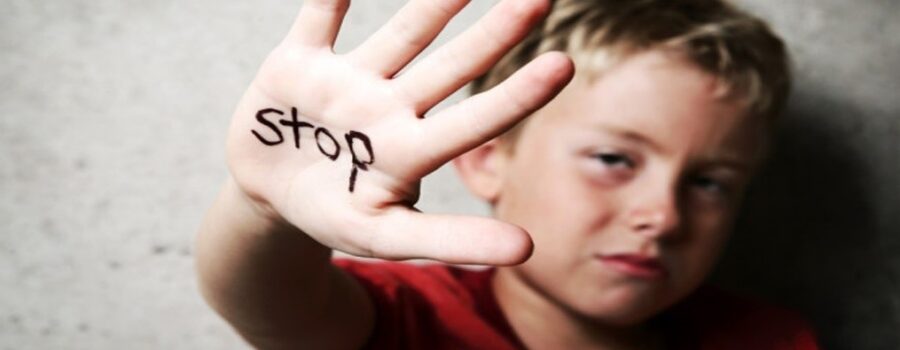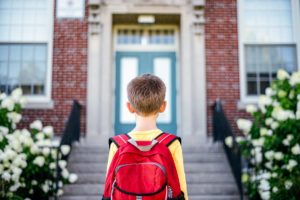I have an ugly truth to tell you. It is a truth that no one wants to think about but one that we all need to consider, if we are going to change it.
Are you ready?
As you read this, child abuse is on the rise right now.
How do I know this? There are many reasons due to my profession in the clinical field and the life-changing work we do at The Empowerment Center with youth and families. But this is the most poignant:
I grew up in an abusive home. Breaks or times away from school were especially not my favorite. These times meant more time to be exposed to yelling, screaming, and even physical violence, in the one place that should’ve been a safe-haven – my home.
Why am I sharing this with you? Well, because many of our kids have just been sent suddenly on an extended time away from school to a place that may be the last place they want to be: home. Their instances of trauma are likely occurring at an increasing rate just by sheer virtue of time.
Now, there may be no yelling, screaming or physical abuse happening in your home. You may say, “I’m not that parent.”
However, did you know that according to the CDC, an increase in financial stress, emotional stress and stress on physical health all make adults 3 times as likely to continue abuse or become abusive towards their children?
Have you looked around lately? American families and families worldwide are probably experiencing at least one of these markers, if not more. In one fail swoop, MANY of the homes in our country have just become increasingly “at-risk” for perpetuating child abuse and neglect. Jobs have been lost, income dramatically decreased, and fear and stress have increased five-fold. All of these are risk factors for hurting the most vulnerable ones of this season: kids
I told you it was an ugly truth. What can YOU do about all of this? I’m so glad you asked.
April is Child Abuse Prevention Month. Child abuse is such a far-reaching issue that it often feels daunting to address but here is one very important and effective avenue you can use to get out of this cycle or prevent it from becoming part of your story: education.
Education

“Education is the most powerful weapon which you can use to change the world.”
– Nelson Mandela
How do we change the world? By first changing ourselves. Here are three key areas to start with:
1. Educate yourself about Child Development.
It is empowering to truly understand the needs and abilities of your child at each stage of development. This will increase your awareness of what they can do, express, and handle at every age. Sometimes abuse happens because parents have unrealistic expectations of their child. We can be unaware of what our children truly understand mentally and what they are actually capable of doing. To begin your learning, I would recommend starting with Dr. Daniel Siegel’s Book, The Whole Brain Child. Also, check out this article on Erik Erikson’s Developmental Stages.
2. Educate yourself about mental health.
Yes, it is important to engage in learning about the mental health of your children and it is equally as important to take care of your own mental health as a parent. Some parents who perpetuate unsafe behaviors towards kids may have some underlying mental health concerns that if properly addressed, can greatly help improve their parenting abilities. If you feel or others have expressed concern that you are NOT OK mentally, it is critical that you seek support in the same way you would if you were to have a physical illness. It’s OK to not be “OK.” If you are insured, call your carrier to find mental health specialists in your area that are covered by your insurance. Make the call today.
3. Educate yourself about the world of special needs and what it means to have a child with special needs.
Did you know that children with special needs are twice as likely to be abused as typically developing kids? Why? This population has “special needs” that parents are often ill-equipped to meet, outside of specific education and support. This population of kids, regardless of what special need they have, tend to be more emotionally and physically sensitive and have more demands of care and time, to NO fault of their own. The purpose in identifying this is to have a real understanding that meeting the needs of a special need’s child, even under the best circumstances, can be exhausting, frustrating, and intimidating. Without the proper educational foundation for understanding, any adult can fall prey to being abusive and neglectful. Our Nicholas Foundation in Temecula is a great community resource for educational and support groups for parents with children with a range of special needs.
4. Don’t educate yourself in a bubble.
As you embark on your quest to learn how to be a better parent during these tough times, remember that you don’t have to go through this journey alone. Reach out to your neighbors and fellow parents and ask them the following questions for support:
“What struggles are you having as a parent?”
“What are three things you wish you could change right now?”
“How are you managing your stress?”
Offer support in your local communities, even if it’s just through FaceTime, video conferencing, or whatever platform you may have.
If you are a parent reading this, REACH OUT.
Please.
If you are feeling angry, irritated, hostile, depressed or just not yourself and you are taking it out on your kids – reach out for help. Don’t let shame stop you. It only escalates. Tell a friend. Tell a neighbor. Talk to someone you trust. Just talk….
It will be the thing that saves your life and your child’s too.




Leave a Reply
Your email is safe with us.